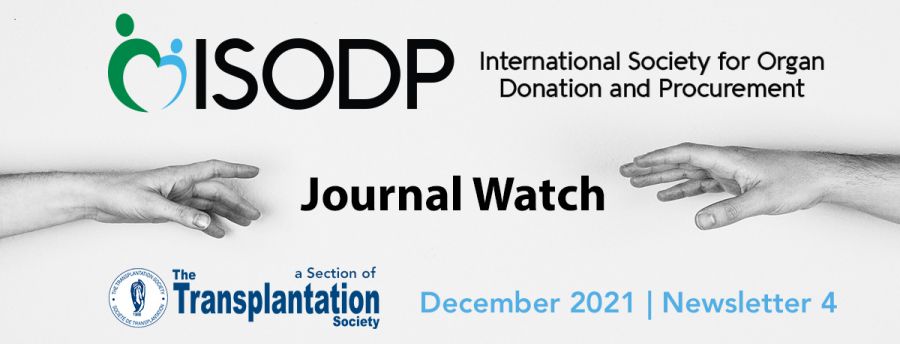Introduction
Welcome to this December edition of ‘Journal Watch’.
In this edition Dr Alex Manara has identified four recent papers on the topic of death using neurological criteria (brain death, neurological determination of death). The breadth of this topic is on full display with papers exploring infratentorial stroke, a warning not to over interpret brain herniation on CT, the role the chaplain can play in improving communication with families and critical care staff, and even a paper critical of the concept and criteria. The three other papers included in this edition include a scoping review on the ethics of pre-mortem interventions, a first legal step toward establishing controlled donation after circulatory death in South Korea following legislation allowing life-sustaining treatment to be withdrawn, and a Roadmap written by a group of European stakeholders, which outlines the challenges to increasing transplantation rates and proposes 12 key areas along with specific measures that should be considered to promote transplantation
Roadmaps and first steps, just like the two papers in this edition suggest, are always helpful when on a journey. Our Journal Watch newsletter represents the start of our journey as a community toward the academic home of a journal, dedicated to publishing academic, peer-reviewed articles on deceased organ donation.
This is the last edition of Journal Watch curated and produced by NHS Blood and Transplant. It has been our absolute pleasure but a special thank you to Dr Alex Manara for finding the papers, and to you, the readers (and forwarders) of the Journal Watch. We now change drivers, as Canada takes the wheel and the responsibility for Journal Watch in 2022. We know our destination, but we hope you join with us on the journey along the way.
Anthony Clarkson
(Director Organ and Tissue Donation and Transplantation, UK; Council Member, ISODP)
Dale Gardiner
(Associate Medical Director – Deceased Organ Donation, UK)
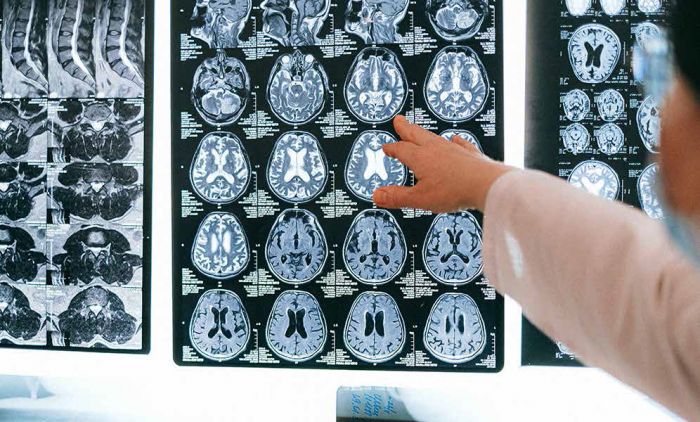
Kramer AH, Kromm JA, Doig CJ et al.
Neurological Determination of Death Following Infratentorial Stroke: A Population-Based Cohort Study.
The Canadian Journal of Neurological Sciences. 2021; doi: https://doi.org/10.1017/cjn.2021.177
The confirmation of death using neurological criteria (DNC) in patients with isolated infratentorial lesions is an area of continuing debate raising not only conceptual issues but also more fundamental ones such as the incidence of DNC in practice and variability in clinical practice. Recent reports from individual neurointensive care units suggest an incidence of 2% in the US and 9% in the United Kingdom. This study looked at all death from ischaemic or haemorrhagic stroke in all ICUs in Alberta, Canada between 2013 and 2019. There were 95 patients who died from infratentorial strokes, accounting for 27% of all stroke deaths. Sixteen of those patients (4% of all stroke deaths) had findings consistent with DNC, an incidence 0.55 deaths per million population. Just over one person in every 2 million people will die of an infratentorial stroke and meet the criteria for DNC. An ancillary test was undertaken more commonly in patients with infratentorial stroke than in those with supratentorial stroke (85% vs 53%). Residual cerebral blood flow was demonstrated in 6 of 10 (60%) of patients with infratentorial stoke meeting DNC criteria and in none with supratentorial stroke. While this study only looked at stroke it is likely that variability also exists when other isolated infratentorial lesions result in a clinical picture suggestive of DNC. The authors call for consensus Canadian guidelines to inform practice in these rare cases of isolated infratentorial lesions. The same call could almost certainly be made to many other countries.
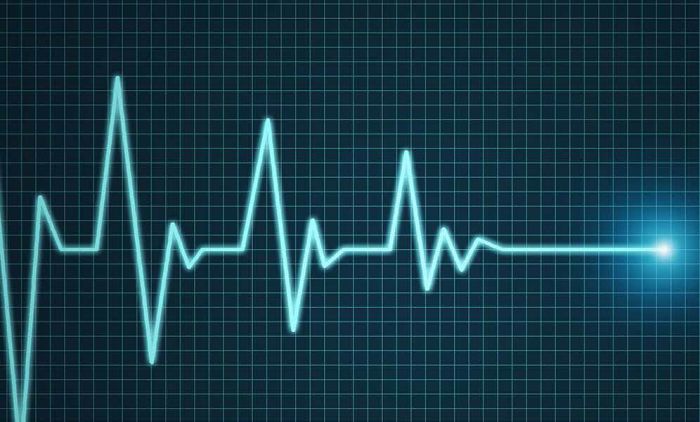
Weiss MJ, van Beinum A, Harvey D, Chandler JA.
Ethical considerations in the use of pre-mortem interventions to support deceased organ donation: A scoping review.
Science Direct Dec;35 (4):100635. https://doi.org/10.1016/j.trre.2021.100635.
A comprehensive scoping review from Weiss and colleagues on the published ethical papers on the topic of pre-mortem interventions (PMIs) performed on patients before the determination of death in order to preserve or enhance the possibility of organ donation. The authors identified and screened 5,365 references and coded 196 peer-reviewed publications. They thematically coded the ethical themes around: donor interests; family interests; health care professional interests; society and transplant recipient interests; consent principles; blurring of the distinction between life-saving and organ-preservation; regulation of PMIs; general knowledge gaps and recommendations.
The most frequently cited issues were related to possible harms to the patient who is a potential donor, and legitimacy of consent. The most controversial issue was that PMIs may place patients at risk for physical harm, yet benefit is accrued mainly to recipients. Some authors argued that lack of direct medical benefit to the still living patient precluded valid consent from surrogate decision makers (SDMs), while many stated that some medical risk could be approved by SDMs if it aligns with non-medical benefits valued by the patient. The authors concluded that PMIs require consensus that benefit includes concepts beyond medical benefit to the patient who is a potential donor. Fully informed consent should be explicitly sought for PMIs that may cause more than negligible harm, regardless of previously expressed intent to donate by the patient who is a potential donor. Risk must be proportionate to the potential benefit and newly proposed interventions should be reviewed carefully for medical efficacy and potential risks.
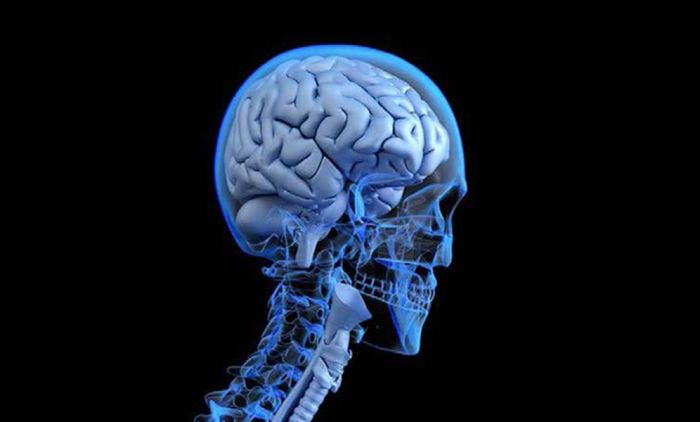
Ray A, Manara AR, Mortimer AM, Thomas I.
Brain herniation on CT is a poor predictor of whether a patient can be confirmed dead using neurological criteria.
Journal of the Intensive Care Society. September 2021; doi: 110.1177/17511437211040019
It is often recommended that compartmental brain herniation on neuroimaging should be a prerequisite to the clinical confirmation of death using neurological criteria (DNC). This is a single centre neurointensive care unit study on the predictive value of the presence of compartmental brain herniation on a CT head scan in the confirmation of DNC. The final CT head scans of 164 consecutive patients confirmed DNC were compared to those of 41 patients with devastating brain injury who underwent the withdrawal of life sustaining treatment. All scans were reported by a neuroradiologist blinded to whether the patients met the criteria for DNC or not.
The incidence of brain herniation was 79% in patients confirmed DNC and was not significantly different to 76% in those with devastating brain injury who were not DNC. The sensitivity and specificity of brain herniation in patients confirmed DNC was 79% and 24%, respectively, while the positive and negative predictive value was 81% and 23%, respectively. The most sensitive CT head findings for DNC were diffuse sulcal effacement (93%) and basal cistern effacement (91%) and the most specific finding was loss of grey-white matter differentiation (80%).
The authors conclude that while neuroimaging is essential in establishing the cause of DNC, the presence of brain herniation or other signs of cerebral swelling are poor predictors of whether a patient will satisfy the clinical criteria for death using neurological criteria or not. The decision to test must be a clinical one based on knowledge of the underlying cause and careful exclusion of all potential confounders.
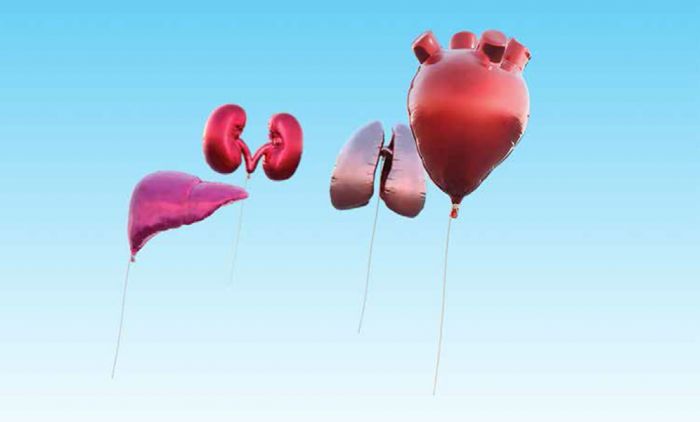
Baik SM, Jin Park J, TY Kim et al.
The future direction of the organ donation system after legislation of the life-sustaining treatment decision act.
Annals of Transplantation. 2021; 26: e934345. https://doi.org/10.12659/AOT.934345
South Korea implemented the life-sustaining treatment (LST) decision system on February 4, 2018, which allowed individuals or their families to make decisions to withdraw LST. This is a first step that is necessary before considering the implementation of a controlled donation after circulatory death (cDCD) scheme. Currently only donation after brain death (DBD) is permitted in Korea. This study looks at the potential for cDCD, currently illegal in Korea, to narrow the gap between the availability and the need of organs for transplantation.
This is a single centre study of 442 patients with LST decisions over a 20-month period. Of these 286 patients (64.7%) died. A total of 17 patients became DBD donors and 58 were considered as eligible for cDCD. The possibility of legislation to allow cDCD in Korea is being discussed. The authors conclude that their study suggest that if the implementation of LST decisions legislation is followed by legislation to allow cDCD, then the shortage of organs for transplantation will be solved. While perhaps overly optimistic, the study is helpful for countries considering legislative change to allow DCD.

Hays Shapshak A.
Religious Perspectives on Death by Neurological Criteria: The Role of the Hospital Chaplain.
Neurocritical Care. 2021 35:301–303 https://doi.org/10.1007/s12028-021-01251-y
An interesting commentary on the religious perspectives on the confirmation of death using neurological criteria (DNC). It makes the point that historically the cultural and societal practices in how death is determined and the common rituals and traditions that surround the death of a human being have been determined by religious leaders. By contrast the current concepts in what constitutes death and its determination, particularly confirmation of DNC, are much more recent and much less rooted in societal cultural and religious histories. Ongoing philosophical debates about the rationale for equating DNC with biological death of the person may contribute to a lesser acceptance of DNC by the public. This is further undermined by misinformation in the mainstream and social media, and this in turn could contribute to families declining a choice of organ donation as an end-of-life care option. Families who do not accept DNC and who decline the offer to support organ donation frequently do so because of their religious beliefs. The author comments on the role of the hospital chaplain in supporting families, and on a study in the same issue of the journal which surveyed the knowledge and views of hospital chaplains. The survey found that 30% believe that all US states should legally require hospitals to accommodate objections to DNC,16% that families have the option to reject a DNC diagnosis, and 14% that families should decide whether organ support can be withdrawn or not after confirmation of DNC. These views correlated with a lack of general knowledge about DNC. The survey mainly included Christian chaplains which influences generalisability. However, it highlights the critical role religious and spiritual advisers can provide in improving communication between the families of critically ill patients and the critical care team, particularly since inconsistent messaging and confusion surrounding the diagnosis of brain death exacerbates their emotional distress. The author also supports consensus recommendations calling for proactive engagement with religious groups, and the inclusion of spiritual care and religious leaders during conversations regarding DNC.

Vanholder R, Domínguez-Gil B, Busic M, et al.
Organ donation and transplantation: a multi-stakeholder call to action.
Nature Reviews Nephrology. 2021; 17(8): 554-68.
Whilst Europe has higher donation and transplantation rates than other continents, the difference in donation and transplantation activities between individual European countries suggests that there is still room for further improvement in Europe too. The paper presents a Roadmap developed by a group of major European stakeholders collaborating within a Thematic Network. It presents the challenges to increasing transplantation rates and proposes 12 key areas along with specific measures that should be considered to promote transplantation. The key areas can be grouped as:
- Approaches to advancing donation: Increasing donation; Optimising living donation; Use of expanded and non-standard risk donor criteria; Opt-in versus opt-out and donor registration.
- Infrastructure and collaborative approaches: Reducing financial and infrastructural barriers; Clustering of countries; Benchmarking; International organ exchange.
- Other key areas: Education; Equality; Long term preservation of graft function; Research.
This framework can be adopted by countries and institutions that are interested in advancing transplantation, both within and outside the European Union. A priority ranking of initiatives is suggested that could serve as the basis for a new European Union action plan on organ donation and transplantation.
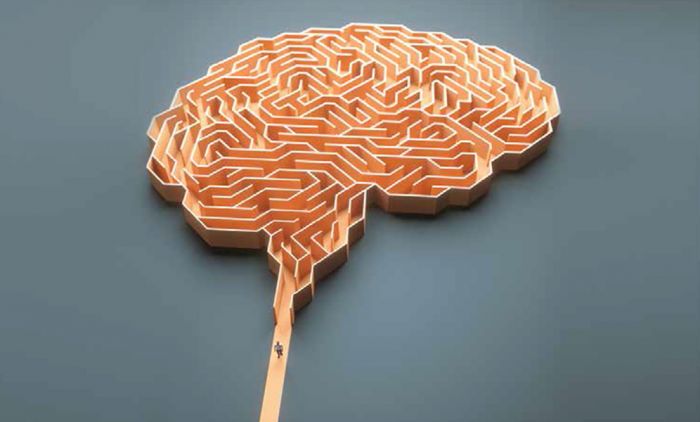
Nair-Collins M, Joffe AR.
Frequent Preservation of Neurologic Function in Brain Death and Brainstem Death Entails False- Positive Misdiagnosis and Cerebral Perfusion.
AJOB Neuroscience. doi: 10.1080/21507740.2021.1973148
An interesting article from two long standing academic critics of brain death making a strong argument that the persistence of hypothalamic function is not consistent with a diagnosis of death using neurological criteria (DNC), particularly if using the “whole brain death” criterion i.e. “irreversible cessation of all functions of the entire brain, including the brain stem.” The main argument is that hypothalamic function is a brain function and is easily identified when the patient does not develop cranial diabetes insipidus. The authors also argue that if function is preserved then some cerebral perfusion must also be present, and that the current tests do not prove the complete cessation of all blood flow to the brain. They speculate that this could signify that other areas of the brain may also be perfused to some extent and that other functions that cannot be measured may also persist. They make similar arguments about the “brainstem” formulation of brain death. They conclude that confirmation of DNC in the presence of persistent hypothalamic function is in effect is a false positive diagnosis.
Contact
Address
The Transplantation Society
International Headquarters
740 Notre-Dame Ouest
Suite 1245
Montréal, QC, H3C 3X6
Canada

